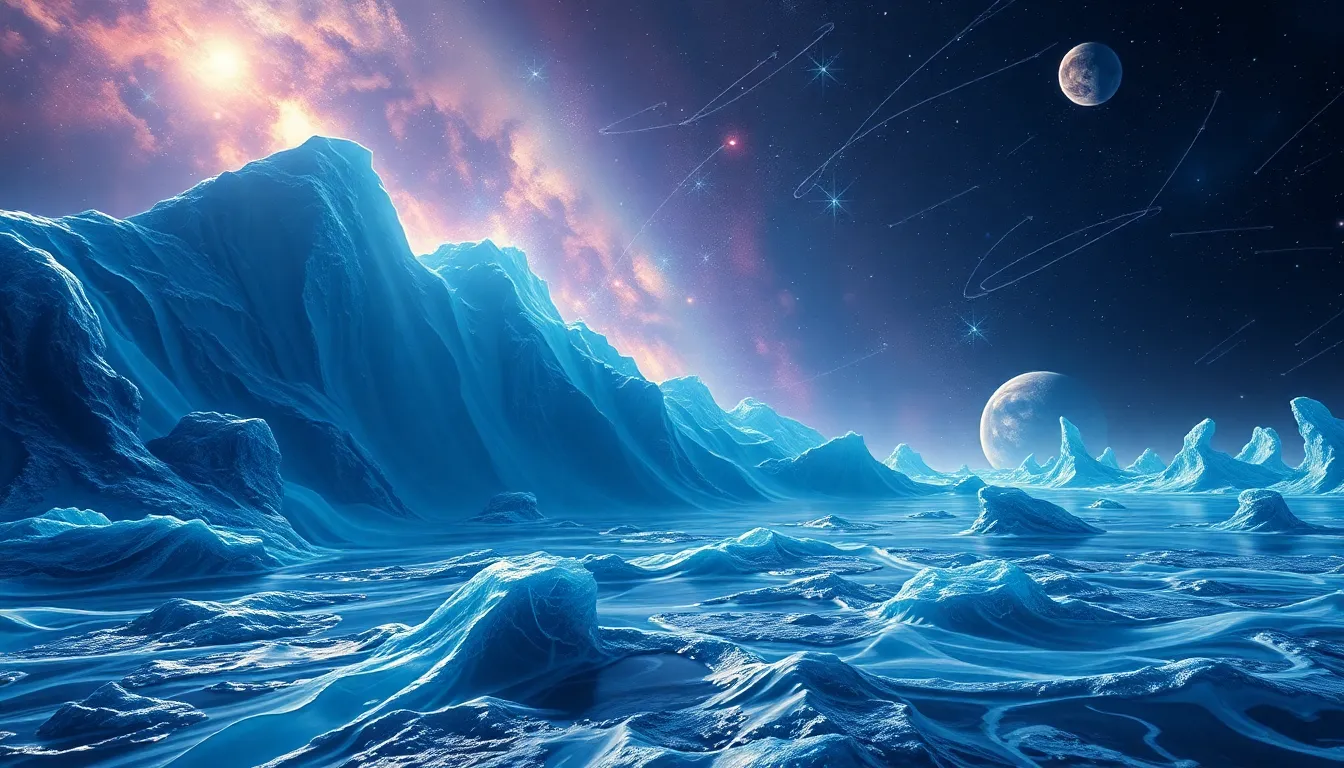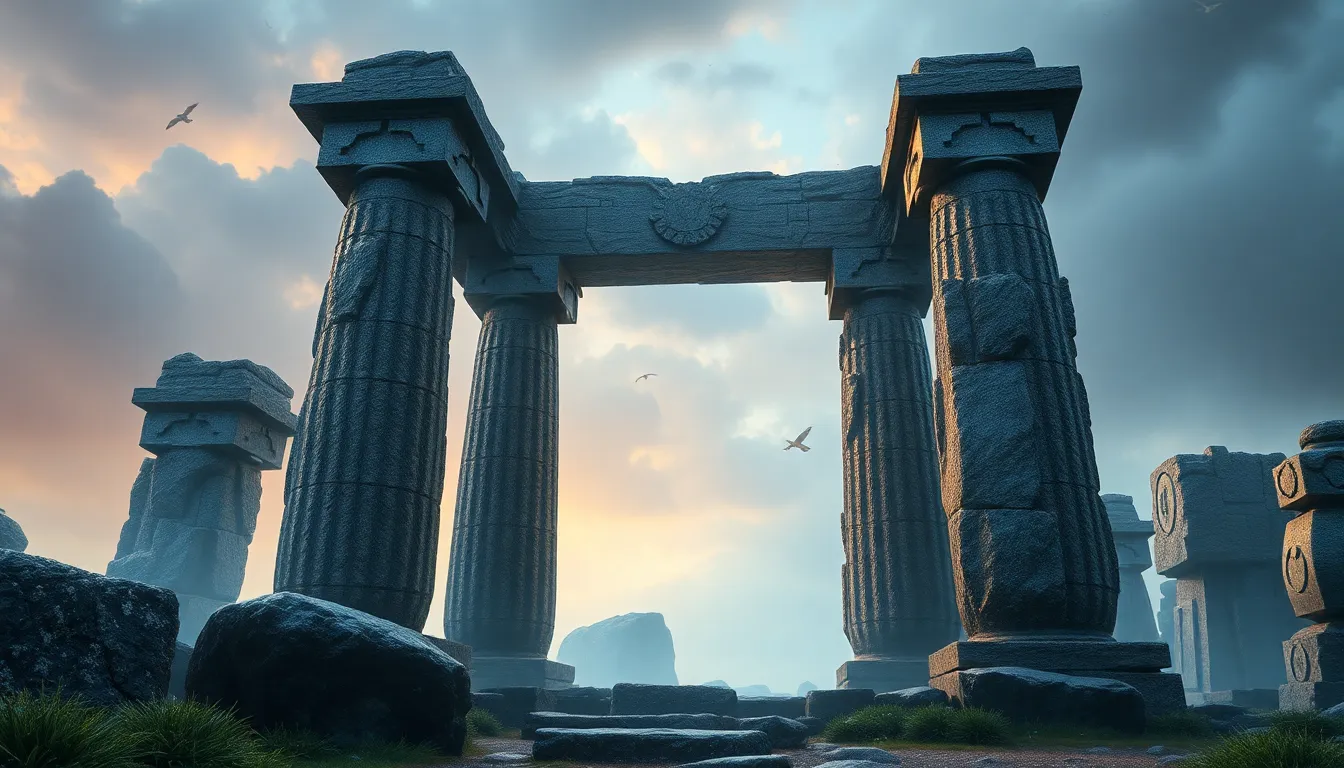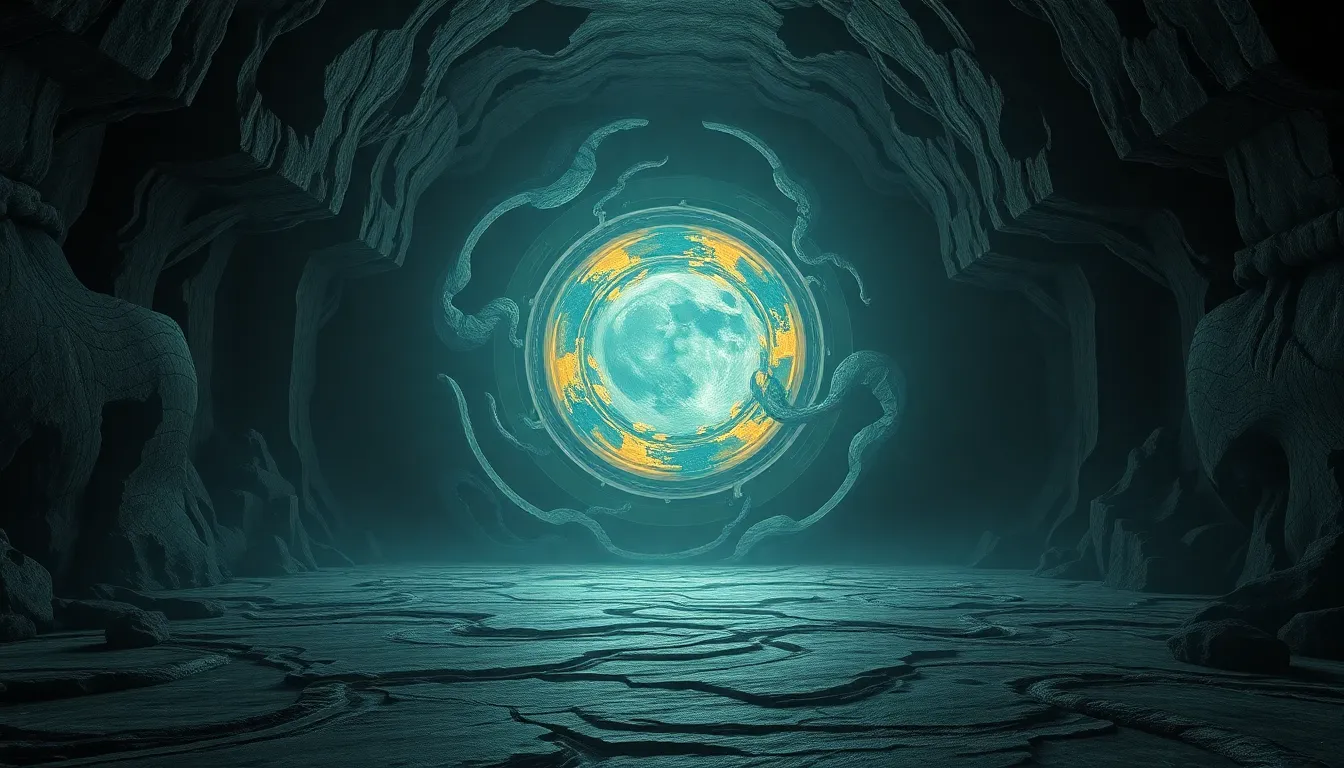Introduction to Penglai
In the realm of Chinese mythology, the mystical land of Penglai holds a captivating significance. Legends and folklore have woven a rich tapestry around this enigmatic island, said to be the abode of immortals and the gateway to eternal life. Penglai's allure has permeated Chinese culture for centuries, inspiring artists, poets, and scholars alike.
The Legendary Origins of Penglai
The origins of Penglai are shrouded in mystery and entwined with ancient Chinese beliefs. According to Taoist mythology, Penglai was one of three sacred mountains that emerged from the primordial chaos. These mountains, Penglai, Fangzhang, and Yingzhou, were said to be the dwelling places of the immortals, known as the "Eight Immortals" or "Eight Celestials."
The Three Divine Mountains and the Immortals
The Three Divine Mountains were believed to be located far out at sea, and Penglai was considered the most central and important of the trio. It was said to have nine peaks, representing the Nine Heavens, and was inhabited by a myriad of deities, including the Jade Emperor, the supreme ruler of the heavens. The immortals who resided on Penglai were said to have attained enlightenment and the secret of eternal life.
The Geography and Landscape of Penglai
Legends and literary depictions describe Penglai as a paradise on earth. Its landscape was adorned with exotic flora and fauna, including vibrant flowers, towering trees, and mythical creatures. The island was said to be shrouded in a perpetual mist, creating an ethereal and otherworldly atmosphere. Palaces of gold and jade adorned its shores, and celestial music filled the air, creating a symphony of enchantment.
The Elixir of Immortality and Penglai's Treasures
Penglai was believed to be the source of the Elixir of Immortality, a mystical potion that granted eternal life to those who consumed it. The elixir was guarded by the immortals and was said to be hidden within the island's innermost chambers. Along with the elixir, Penglai was also known for its abundance of precious gems, rare herbs, and other treasures that bestowed longevity and supernatural powers.
6. Historical Expeditions and Attempts to Find Penglai
Throughout history, numerous expeditions have been launched in search of the elusive Penglai. Chinese emperors, explorers, and merchants alike embarked on perilous journeys across the vast ocean, driven by the allure of immortality and the riches it promised. However, despite these expeditions, the exact location of Penglai remains shrouded in mystery. Some believe it may have been a metaphorical land, representing the pursuit of knowledge, enlightenment, and the boundless possibilities of the human spirit.
7. Penglai in Chinese Art and Literature
Penglai's influence on Chinese culture is evident in various forms of art and literature. Painters, poets, and novelists have immortalized Penglai's ethereal beauty and otherworldly allure in their works. In traditional Chinese paintings, Penglai is often depicted as a distant, mystical land with towering mountains, mist-wreathed peaks, and celestial palaces floating amidst the clouds. Poets have celebrated Penglai's mythical qualities in their verses, describing its enchanting landscapes and the elusive immortals who inhabited it.
8. The Symbolic Significance and Cultural Impact of Penglai
Penglai symbolizes the Chinese people's yearning for immortality and transcendence. It represents the eternal pursuit of perfection, harmony, and the unknown. The legend of Penglai has shaped Chinese cultural identity, instilling a sense of wonder, mystery, and the belief in the extraordinary. Penglai's influence is evident in Chinese philosophy, religion, art, and literature, leaving a lasting legacy on the collective imagination.
9. The Mystery and Enchantment Surrounding Penglai
The mystery surrounding Penglai's location and the elusive nature of its immortal inhabitants have captivated the minds of countless people throughout the ages. While some consider it a mere figment of the imagination, others believe it holds a deeper truth, representing the uncharted territories of human potential and the boundless possibilities of the universe. Penglai's allure lies in its enigmatic charm, inviting us to ponder the unknown, embrace the wonders of our world, and search for the extraordinary within the ordinary.
10. Penglai in Modern Culture and Popular Imagination
In modern times, Penglai continues to enchant and inspire popular culture. It has been featured in numerous works of fiction, including novels, films, and video games. Contemporary artists and musicians have also drawn inspiration from Penglai's mystical qualities, creating new interpretations of its timeless legend. Penglai remains a symbol of human aspiration, inviting us to dream of otherworldly realms, explore the limits of our imagination, and embrace the wonders that lie just beyond our grasp.
FAQ
Q: Is Penglai a real place?
A: The exact location of Penglai remains a mystery, with no historical evidence to support its existence as a physical island.
Q: What is the significance of the Elixir of Immortality in Penglai?
A: The Elixir of Immortality is said to grant eternal life, symbolizing the human desire for longevity and transcendence.
Q: Why is Penglai associated with immortals?
A: Taoist mythology holds that Penglai is one of the three sacred mountains inhabited by the Eight Immortals, who represent enlightenment and the attainment of immortality.
Q: What is the symbolic meaning of Penglai?
A: Penglai represents the human pursuit of perfection, harmony, immortality, and the unknown, leaving a profound impact on Chinese cultural identity.
Q: How has Penglai influenced modern culture?
A: Penglai continues to inspire contemporary artists, musicians, and filmmakers, who incorporate its mystical qualities into their works, capturing the timeless wonder and fascination surrounding this legendary land.




